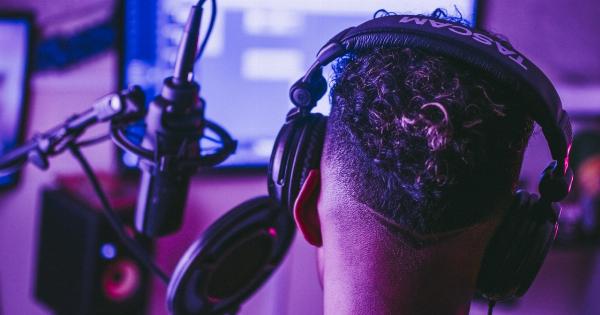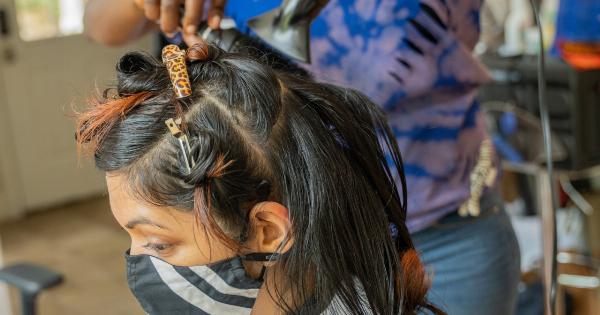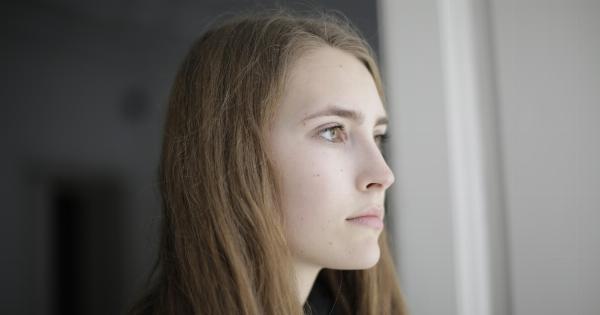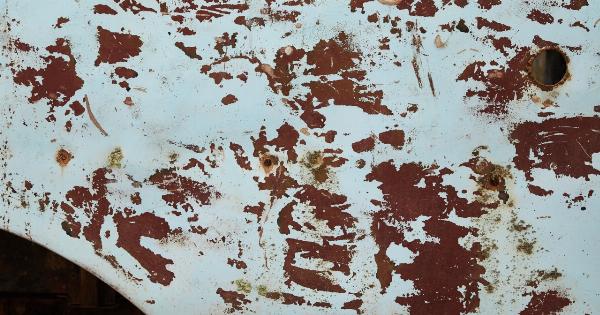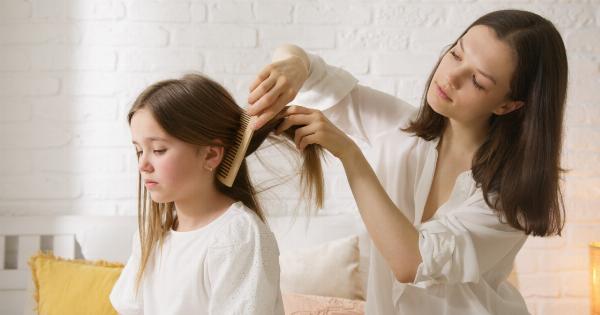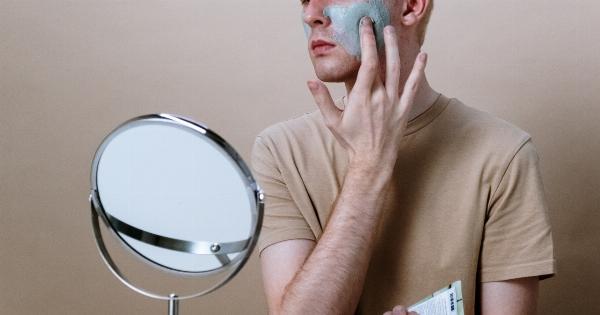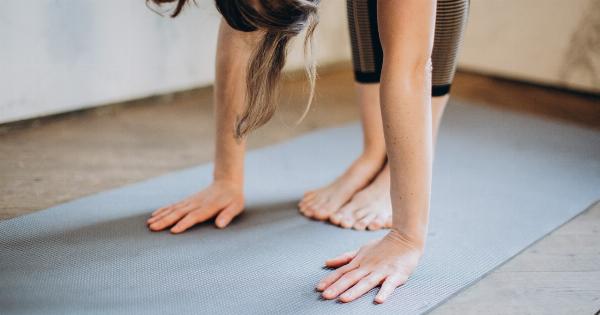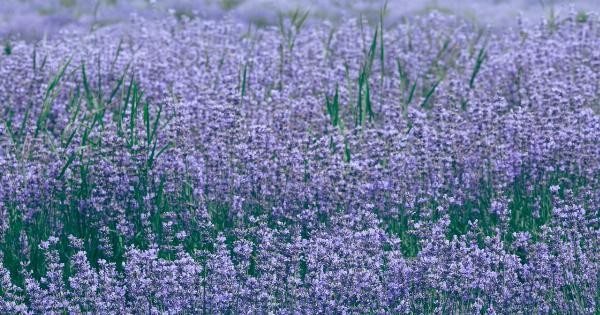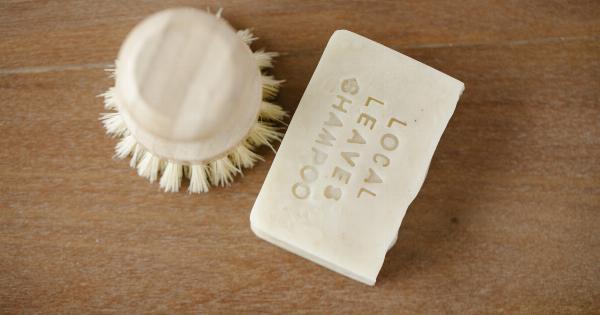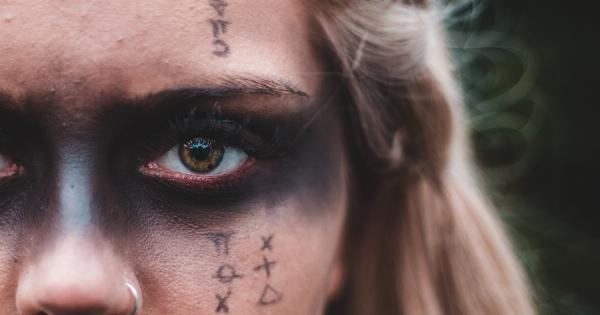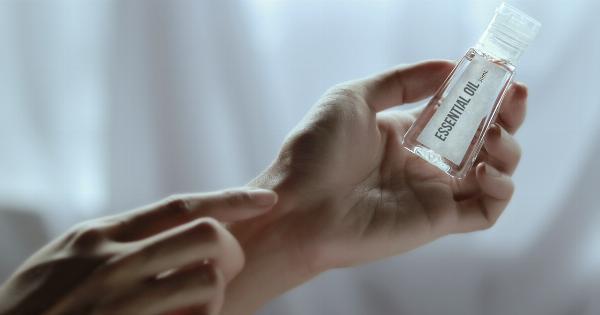Many people are probably guilty of skipping hair washing in their daily routines. Some say that frequent washing can strip off the natural oils in the scalp, while others just find it time-consuming.
However, avoiding hair washing regularly can have some effects on the hair and scalp that one cannot ignore.
Excess oil and buildup on the scalp
Skipping hair washing can lead to a buildup of sebum, sweat, and hair products on the scalp. Hair products like dry shampoo or hair spray may mask the greasy and oily scalp, but it doesn’t get rid of the buildup.
When there’s too much buildup on the scalp, it can lead to clogged hair follicles, inflammation, and itching, which can be uncomfortable and embarrassing.
Dandruff and other scalp problems
Dandruff is a common scalp problem that results in itchy flakes of dead skin that fall off from the scalp. While there are several reasons for dandruff, one of the most common causes is yeast or bacteria growth on the scalp.
Skipping hair washing can encourage the growth of bacteria, fungus, and yeast on the scalp, and this can lead to dandruff and other scalp issues like psoriasis and seborrheic dermatitis.
Greasy, flat hair
Without regular hair washing, the hair becomes greasy and oily, which can make it look flat and dull. Hair that hasn’t been washed for several days may appear lifeless and limp.
For people with fine or thin hair, the oil buildup can weigh the hair down and make it look even flatter.
Unpleasant odors
When the scalp isn’t washed regularly, it can produce an unpleasant odor due to the bacteria and fungus growth. Sweat and sebum contribute to this smell, and when the hair isn’t washed, the odor becomes more noticeable.
This can be embarrassing and uncomfortable, especially when in public settings or when meeting new people.
Itchy scalp
When there’s excess oil and buildup on the scalp, it can lead to an itchy scalp. Itchiness can be caused by irritation, inflammation, or infection of the scalp.
Scratching the scalp can further damage the skin and lead to more problems like bleeding, scabbing, and hair loss.
Hair breakage and damage
Hair that hasn’t been washed for a while can become brittle and prone to breakage. The excess oil and buildup can weaken the strands and make them more susceptible to damage and hair loss.
Also, when hair products are used without washing the hair, they can cling to the strands and cause buildup. This can lead to hair damage and breakage when combing or brushing.
Inefficacy of hair products
When there’s buildup on the scalp and hair, the hair products may not work effectively. This means that the hair is not getting the optimal benefits from the products, such as moisturizing and nourishing.
The hair products may also not be able to penetrate the hair shaft and work from within, which can lead to dryness and hair damage.
Poor hygiene
Skipping hair washing regularly can be a sign of poor hygiene. Hygiene is an essential part of self-care, and neglecting it can lead to various health problems and social repercussions.
Maintaining good hygiene, including hair hygiene, is crucial for overall health and wellbeing.
Stress
The discomfort and embarrassment caused by not washing hair regularly can lead to stress and anxiety. It can affect one’s confidence and productivity and can even lead to social isolation and depression.
Therefore, it’s essential to maintain good hair hygiene to avoid unnecessary stress and anxiety.
Conclusion
Avoiding hair washing regularly may seem like a time-saving hack, but it can have adverse effects on the hair and scalp.
These effects include excess oil and buildup on the scalp, dandruff and other scalp problems, greasy and flat hair, unpleasant odors, itchy scalp, hair breakage and damage, inefficacy of hair products, poor hygiene, and stress. Therefore, it’s crucial to maintain good hair hygiene by regular hair washing to avoid these problems and promote healthy hair and scalp.



